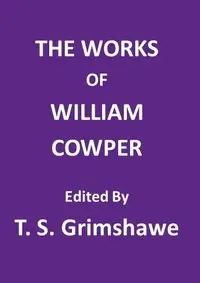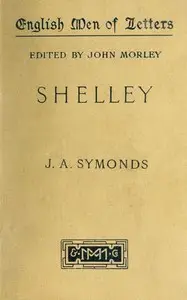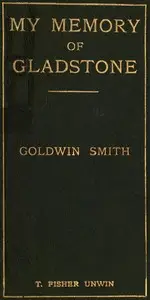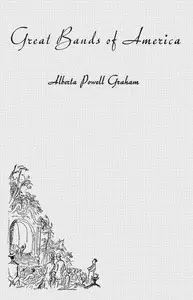"Cowper" by Goldwin Smith is a late 19th-century biography about the life of William Cowper, a significant English poet. It discusses his place in literature between Alexander Pope and later Romantic poets, noting how he shifted poetry toward more genuine emotion. The book also touches on his involvement with the Evangelical movement, as well as his battles with mental illness, and his relationships with others. It starts by presenting Cowper's well-to-do upbringing and the challenges he faced early on, like his mother's death. It also looks at his difficult childhood, including his experiences at boarding school, being bullied, and dealing with mental health issues. The biography hints at Cowper's eventual withdrawal into a quiet, literary life, while also emphasizing the friendships that helped him and the influences that shaped him, leading to a closer look at his poetry and how his personal struggles impacted his writing.

Cowper
By Goldwin Smith
Witness the life of a prominent poet as he navigates personal tragedies, mental health struggles, and the evolving landscape of English literature, ultimately finding solace and expression in his verses.
Summary
About the AuthorGoldwin Smith was a British-born academic and historian who was active in both Great Britain and North America. From 1856 to 1866, he was a professor of modern history at the University of Oxford. Smith taught at Cornell University from 1868 to 1872, and was instrumental in establishing the university's international reputation, but left when it began admitting female students. He is the namesake of Goldwin Smith Hall at Cornell University, and was outspoken regarding his often controversial political views. Smith was a supporter of the Union during the American Civil War and a critic of imperialism. He was also opposed to the Irish Home Rule movement and women's suffrage, along with holding Anglo-Saxonist and antisemitic views.
Goldwin Smith was a British-born academic and historian who was active in both Great Britain and North America. From 1856 to 1866, he was a professor of modern history at the University of Oxford. Smith taught at Cornell University from 1868 to 1872, and was instrumental in establishing the university's international reputation, but left when it began admitting female students. He is the namesake of Goldwin Smith Hall at Cornell University, and was outspoken regarding his often controversial political views. Smith was a supporter of the Union during the American Civil War and a critic of imperialism. He was also opposed to the Irish Home Rule movement and women's suffrage, along with holding Anglo-Saxonist and antisemitic views.



















